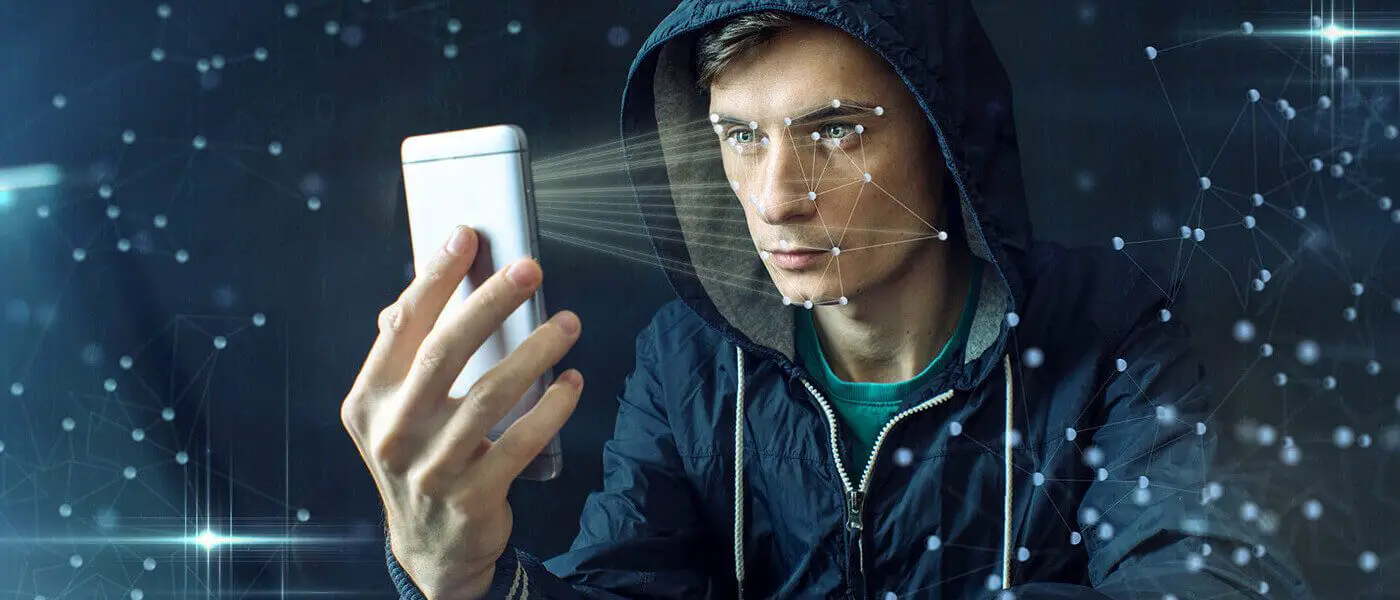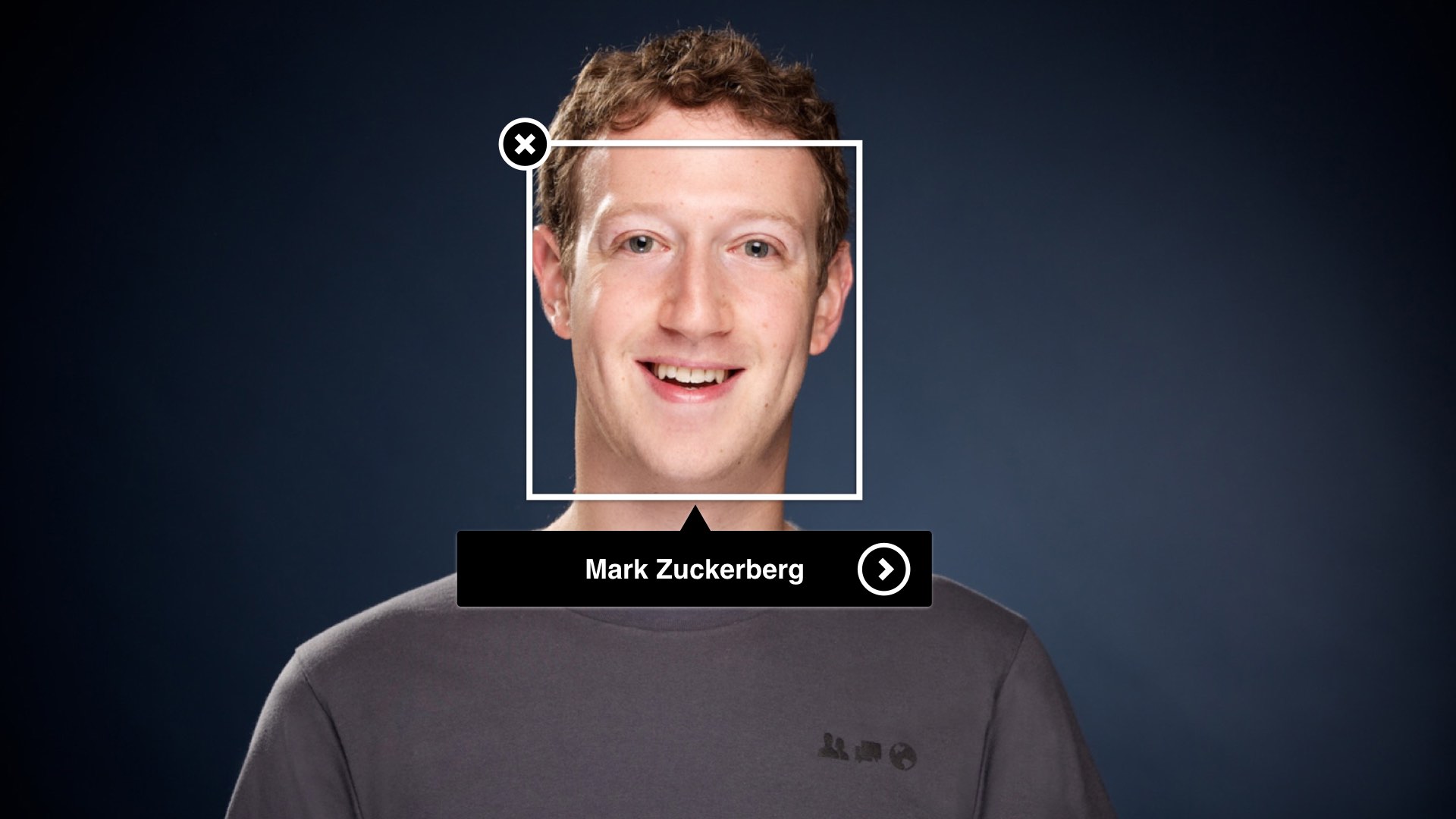Face recognition: A big mistake of the modern tech world?
Criticisms once centred on the Google Pixel 4/4XL’s face unlock feature. Whether Google copied what Apple had done with the iPhone X remains unclear, but the famous FaceID on iPhone is admittedly far from impeccable. Face recognition has been more than widely recognized by the public. Setting up and using this biometric security feature is so easy and straightforward that even elders are now used to it, and every technophile can give a complete lecture on FaceID’s operational principles. It has provided us with fresh ways to wake up our phones, but security concerns persist.
FaceID is yet to be better and more secure than traditional passwords (which are created and used with thinking and memory), but its convenience is undisputed. Most face recognition systems are smart enough to deny access to our device when someone tries to wake it up when we sleep, securing our privacy and minimizing the risk of data theft.
That was not the first time Apple and Google had promised to protect our biometric data at any cost and with all their available resources. They did probably tell the truth. Under these giants’ protection, our information is safe from theft and external use. So what do we worry about?
An alarming concern is HOW COMFORTABLE WE GET WITH LETTING MACHINES READ OUR FACE. According to behavioural psychology, when we are used to unlocking our everyday devices with our faces, we tend to accept face scanning, and habits that ensure our safety (such as covering the front-facing camera on laptops or webcams) would one day flow into obscurity. Our prudence towards face-scanning devices or apps is probably lesser, given a part of the population has tolerated that their images and other personal information are everywhere now.
Remember when Facebook admitted to having developed a face-scanning app that allows users to recognize somebody just by pointing their phone at them? The app will base its recognition on previously taken images and videos, signifying the existence of a mass storage of our face data. While using face data would be helpful in aviation as it facilitates the identity verification process, it implies that face scanning may no longer be a choice but an obligation.
According to research conducted in America in 2020, there have been automatic face recognition systems in Chicago and Detroit, and the technology has been applied to solving crime problems. Colorado Springs Independent accused the Colorado University of taking their students’ photos to provide data for the government to conduct studies on face recognition technology, and this practice is not by mutual consent. Dutch research shows that 42/110 old devices from LG, Nokia, Samsung, Lenovo and Motorola unlock with the owners’ pictures rather than their real faces. Every technology has pros and cons. Face recognition is a state-of-the-art and useful development, but coming with risks. We are more prone to privacy infringement than ever, yet what should we do but accept the situation the way it is?



Comments
Post a Comment